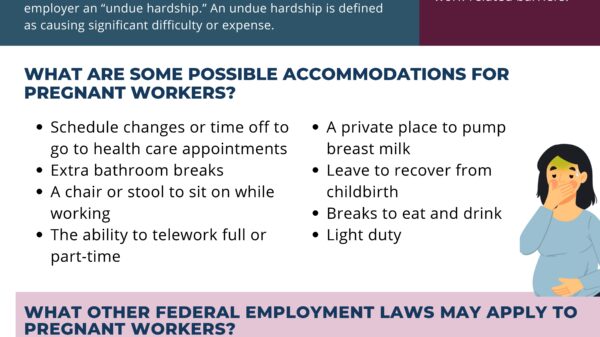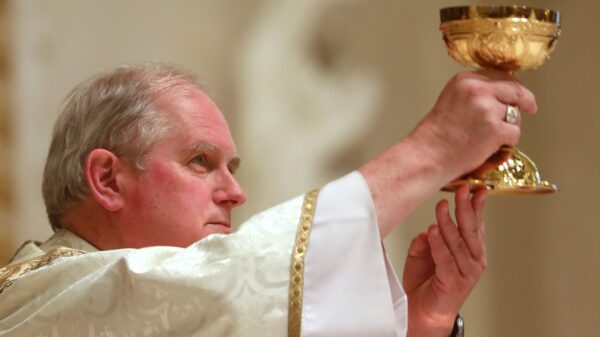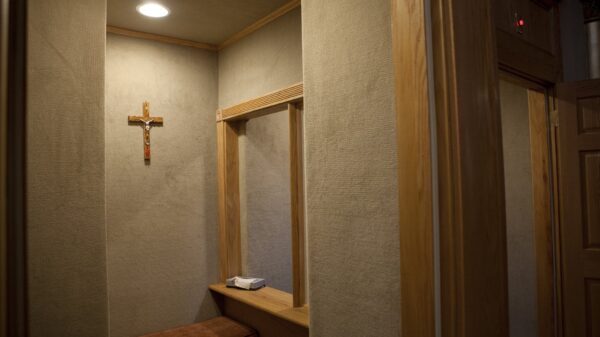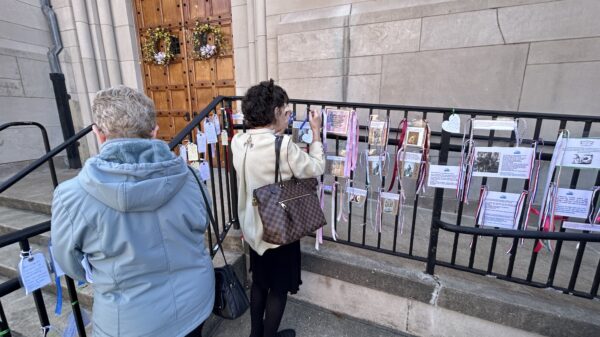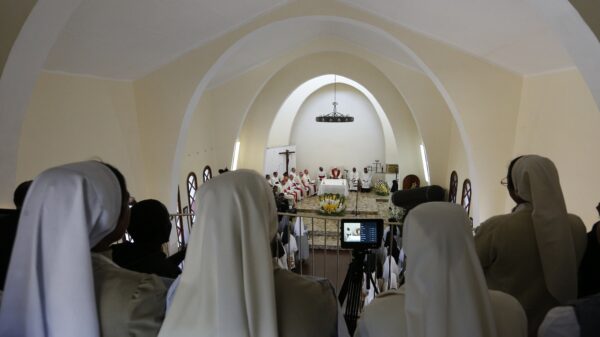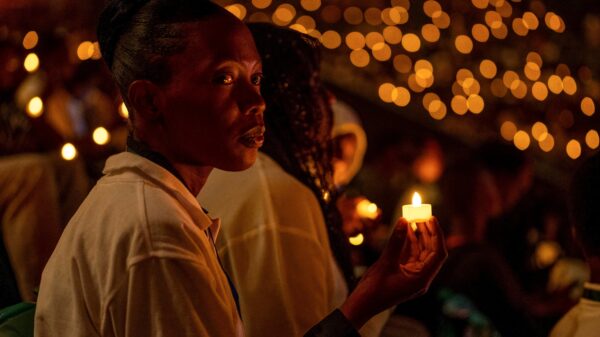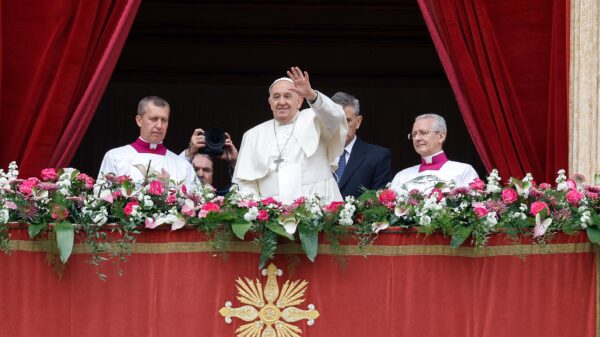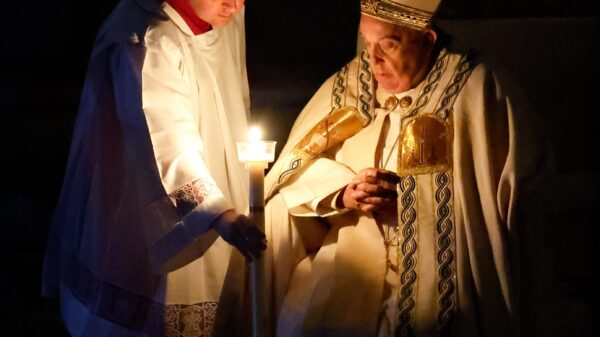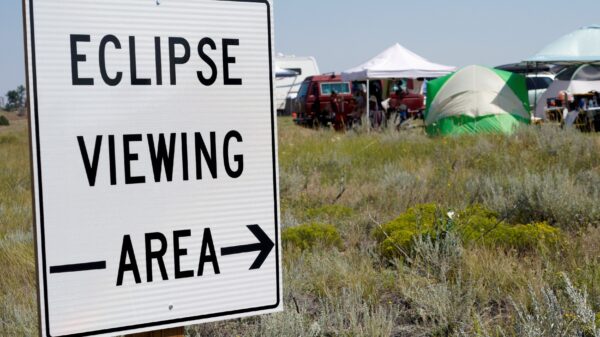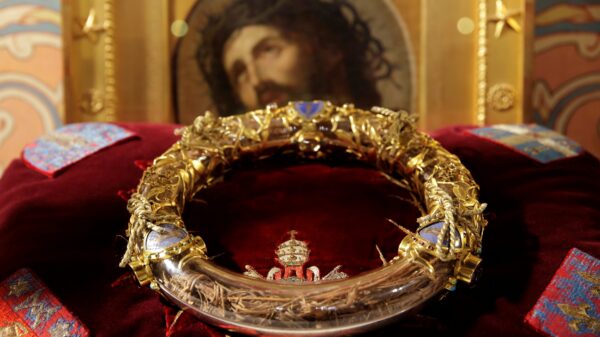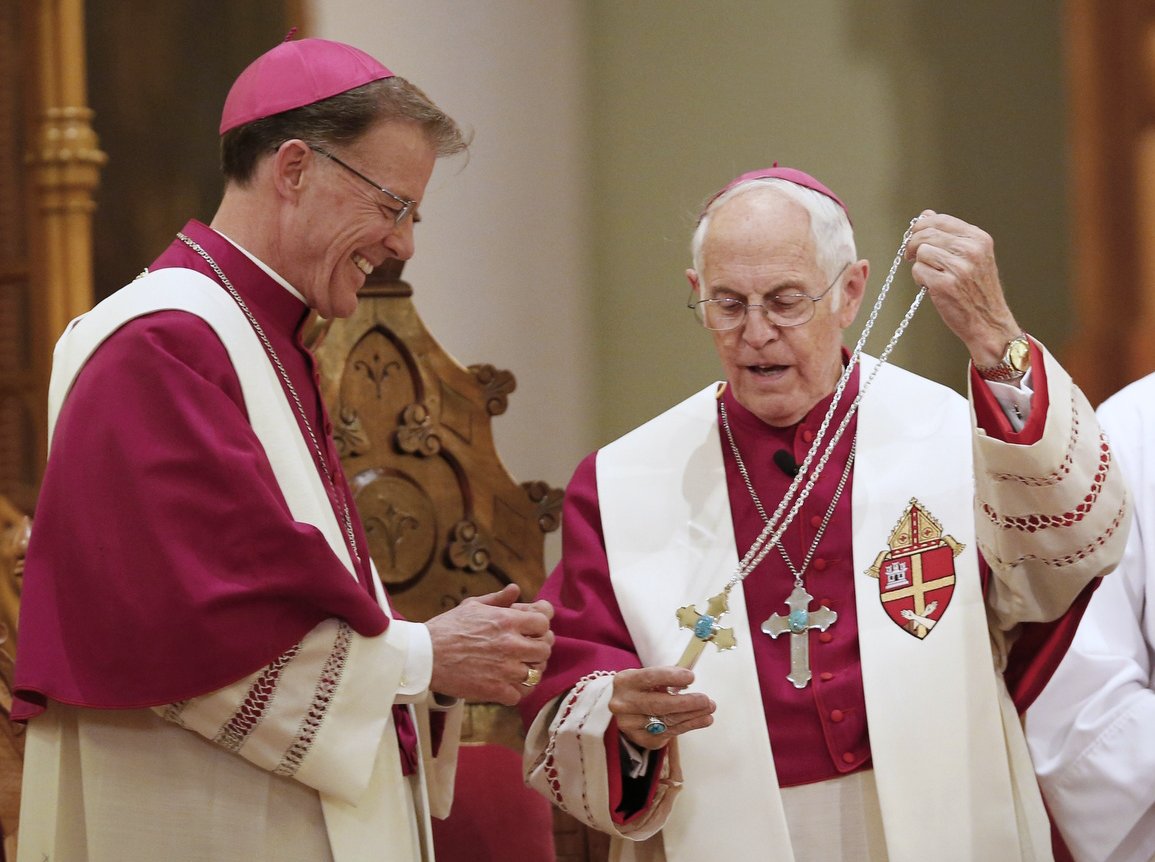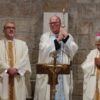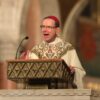ALBUQUERQUE, N.M. (OSV News) — Retired Archbishop Michael J. Sheehan of Santa Fe died June 3 at age 83. No cause of death was disclosed.
Funeral arrangements for the archbishop have not yet been announced.
He shepherded the archdiocese as its 11th archbishop for 22 years, from 1993 to 2015, when he retired at age 75, the age at which canon law requires bishops to submit their resignation to the pope.
In retirement, Archbishop Sheehan joined his fellow New Mexico bishops in a 2016 statement decrying efforts by the Republican governor to reinstate “the morally untenable practice of the death penalty,” which had been repealed in 2009. The bishops urged the Legislature to oppose then-Gov. Susana Martinez’s plan, which ultimately failed to pass the Democratic-controlled Senate.
The archbishop also joined his brother bishops the following year in criticizing comments made by Catholic legislators in New Mexico in support of abortion and physician-assisted suicide, saying they “do not represent” church teaching and “may be confusing to the Catholic faithful.”
In 2018, Archbishop Sheehan sent a letter to parishioners saying he had been diagnosed with Alzheimer’s disease, adding that his doctor had prescribed medication to slow the disease but “it is not a cure.”
“The loss of Archbishop Emeritus Michael Jarboe Sheehan will be deeply felt by the Roman Catholic Church, the local community, and countless individuals,” the archdiocese said in a statement announcing his death. “His motto, ‘Love One Another Constantly,’ will continue to inspire and guide the faithful to uphold the values he held dear.”
“He was a faithful servant of the Lord who loved this local Church and all its priests, deacons, religious and lay faithful. May Archbishop Sheehan rest in peace and may his soul and all the souls of the faithful departed rest in peace,” Santa Fe Archbishop John C. Wester, his successor, said in a statement.
Throughout his tenure, Archbishop Sheehan “led with unwavering dedication, offering solace, guidance, and hope to his flock,” the archdiocese said. His love for the church and his commitment to Catholic teaching were apparent, it added, in his actions to “promote unity, compassion, and understanding among all believers.”
New Mexico Gov. Michelle Lujan Grisham said in a statement that Archbishop Sheehan “will be remembered for his three decades of steadfast leadership in our state.”
Even in his retirement, “his service to New Mexico did not waver as he continued his outreach to communities using his motto of ‘Love One Another Constantly,’ as a foundation for his work,” she said. “While we did not agree on everything, his leadership on early childhood education and immigration were areas of collaboration that I’m grateful for and I will always be appreciative of his counsel.”
A native of Wichita, Kansas, the future archbishop was born July 9, 1939, and was largely raised in Texas. He attended St. John’s High School Seminary and Assumption Seminary in San Antonio. He furthered his studies in Rome at the Pontifical Gregorian University and was ordained July 12, 1964, in Rome as a priest of what was then the Diocese of Dallas-Fort Worth.
Upon his return to Texas, he served as parochial vicar at Immaculate Conception Parish in Tyler from 1965 to 1968. Returning to Rome, he earned a doctorate in canon law from Pontifical Lateran University in 1971. Then-Father Sheehan served as assistant general secretary of the National Conference of Catholic Bishops/U.S. Catholic Conference (NCCB/USCC) from 1971 to 1976, and as rector of Holy Trinity Seminary in Dallas from 1976 to 1982. In 1982, he was named pastor of Immaculate Conception Parish in Grand Prairie, Texas.
On March 25, 1983, St. John Paul II appointed him the founding bishop of the Diocese of Lubbock, Texas, which was formed with territory from the Amarillo and San Angelo dioceses.
Ten years later the pope named then-Bishop Sheehan to the Santa Fe Archdiocese initially as its apostolic administrator after former Archbishop Robert F. Sanchez resigned amid allegations of improper conduct with several young women. The pope named Archbishop Sheehan as successor to Archbishop Sanchez three months later.
For six months in 2003, from June to December, Archbishop Sheehan also served as apostolic administrator of the Diocese of Phoenix, after Bishop Thomas J. O’Brien resigned and until Bishop Thomas J. Olmsted was installed as the new bishop.
The archdiocesan statement on Archbishop Sheehan described his life as “a remarkable journey … during which he selflessly guided countless individuals on their spiritual path and worked tirelessly to uplift the lives of those in need.” It said the prelate was “known for his unwavering faith, compassionate nature and profound wisdom.”
Beyond his pastoral responsibilities, Archbishop Sheehan was committed to social justice and evangelization, and “worked tirelessly to abolish the death penalty in New Mexico.” He championed initiatives aimed at eradicating poverty, promoting equality, and ensuring the well-being of the most vulnerable members of society. He also was actively engaged with interfaith efforts and fostered ecumenical dialogue.
Among some of Archbishop Sheehan’s notable activities in the archdiocese were his appointment of its first full-time coordinator of Native American activities and the launch of the canonization cause of Sister Blandina Segale, a Sister of Charity, who was an Italian missionary working among the poor and migrants in the late 19th century in the territory that became Colorado and New Mexico.
In November 2001 he was elected the secretary of the U.S. Conference of Catholic Bishops (the NCCB and USCC were combined in July 2001). During his three-year term as secretary, Archbishop Sheehan shepherded restructuring of the bishops’ conference. Under the reorganization, the conference’s 36 standing committees were reduced to 16, among other changes.


